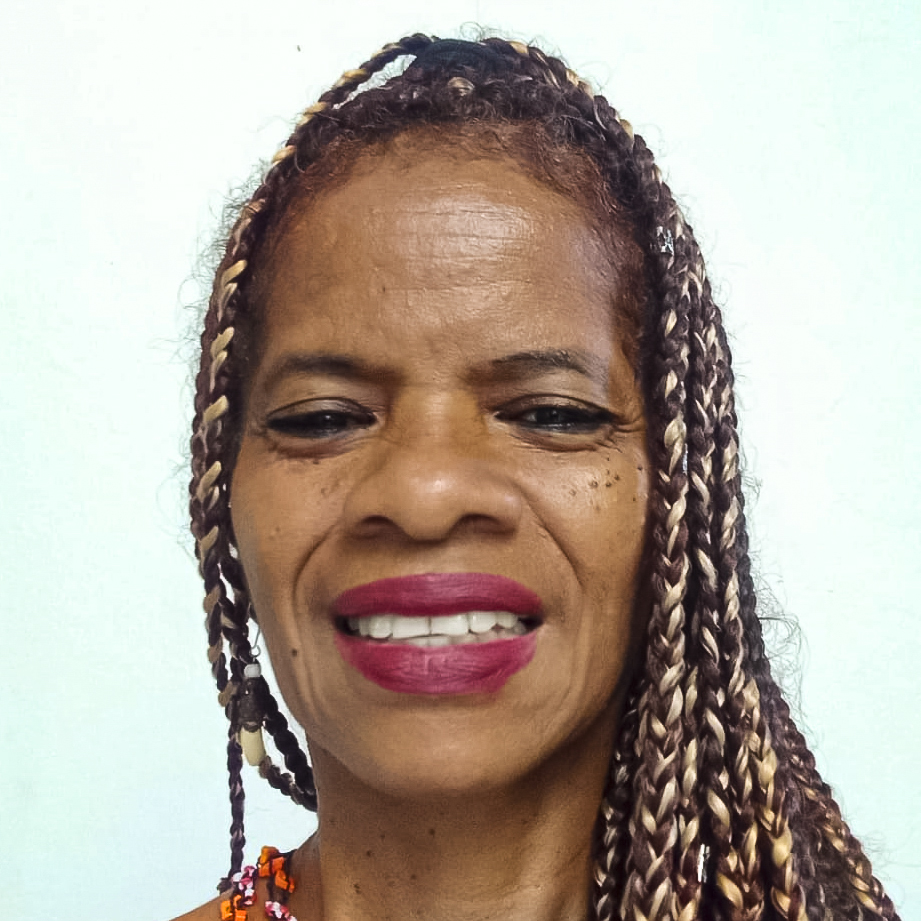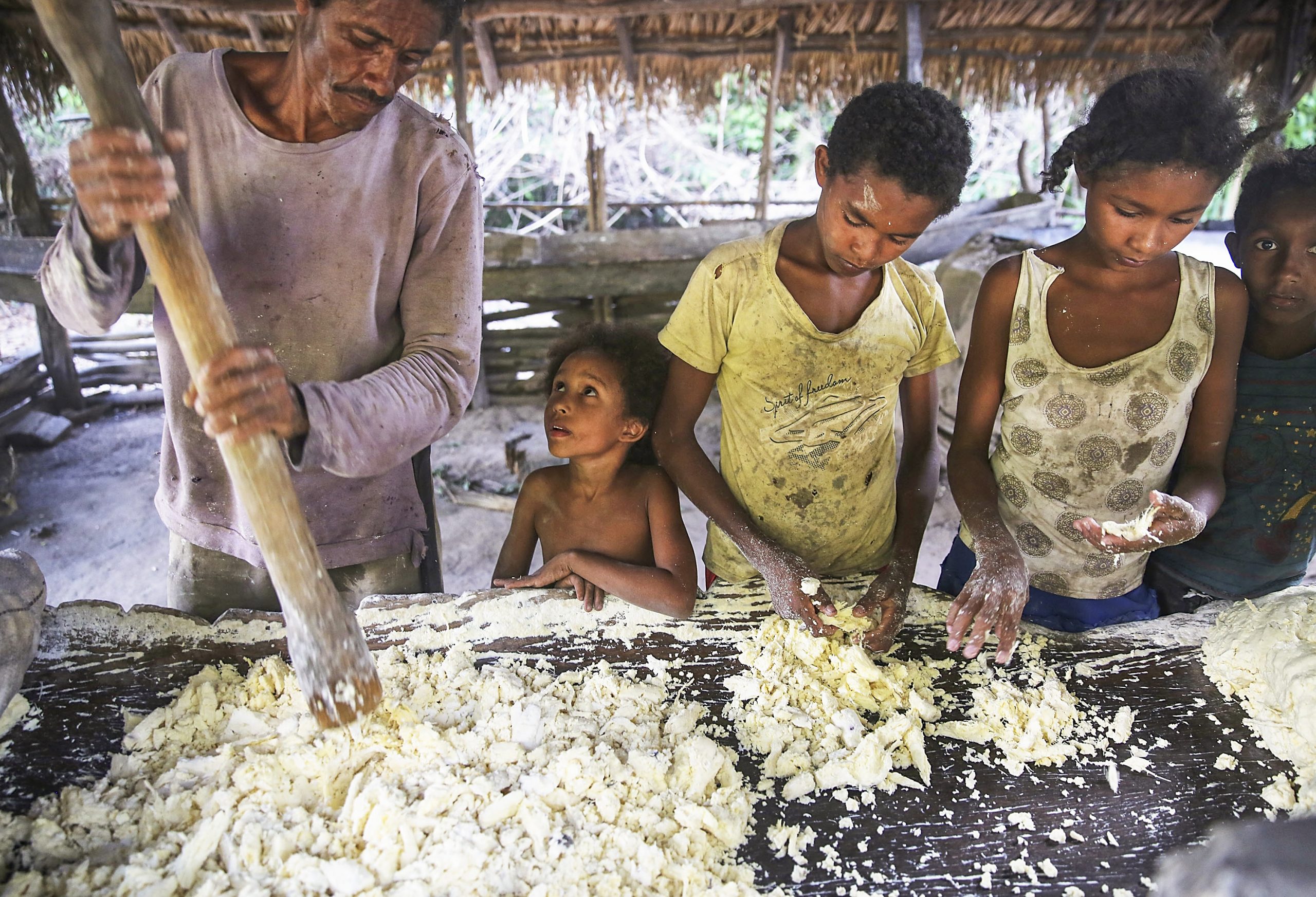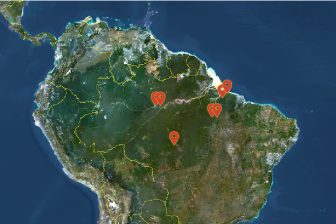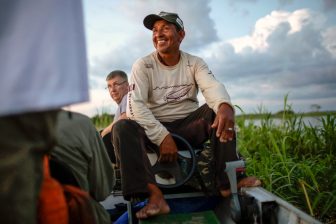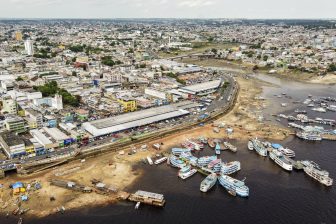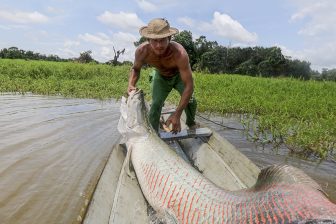This article is part of AQ’s special report on sustainable development of the Amazon | Ler em português
BELÉM, Brazil – For decades, the Brazilian Amazon looked to external observers like an area with enormous economic potential, a wealth of biodiversity and no people. This “unpopulated” Amazon could be occupied and developed — even after acknowledging the presence of “a few” indigenous people.
To transform this distorted vision, the peoples of the forest have had to organize determinedly. They have fought to affirm the region’s human diversity as well as its ancestral traditions of respect for the environment. Today, debates about sustainability in the Amazon recognize how indigenous peoples and traditional communities like the quilombos (communities established by self-emancipated people of African descent) have preserved the forest until now.
Still, Afro-Brazilian communities have been historically overlooked in both the urban and rural Amazon. After Bahia, the states of Amazonas and Pará are home to the largest number of Afro-Brazilians in the country. Nearly 50,000 enslaved people were brought to the Amazon between 1755 and 1820, according to Vicente Salles’ seminal book O Negro no Pará. In fact, Pará has the highest percentage of people who identify as Black and Brown of any Brazilian state. These statistics make it impossible to think about the Brazilian Amazon without considering the significant presence of Black folk, many of them young and in vulnerable living conditions.
Along with racism, rural Black communities face environmental degradation inflicted by predatory approaches to development. Even so, their struggle — a fight for land rights and against discrimination — has become a powerful movement. Pará has one of the highest numbers of quilombos in Brazil, with roughly 125 communities, though only half of them hold titles to their land. And institutional racism persists. Over the past decade, federal resources for quilombos have been slashed by 90%.
Meanwhile, anti-Black racism expresses its full force in urban areas of the Amazon. Black women are especially affected by workplace discrimination, but the monster truly rears its head in the areas of health care, inadequate housing and a lack of basic sanitation. Police violence has contributed to a genocide of Black youth, while racism in schools chips away at Black children’s self-esteem and contributes to truancy. Followers of Afro-Brazilian religions, meanwhile, are being openly disparaged by Pentecostal church leaders encouraged by presidential statements. This has led to attacks and even murders.
It is impossible to think about the Brazilian Amazon without considering the significant presence of Black folk, many of them young and in vulnerable living conditions.
Collective action groups such as the Center for the Study and Defense of Pará Blacks, or CEDENPA in its Portuguese acronym, have helped me, at least momentarily, overcome the accumulated pain of implicit and explicit racism that I face as a Black woman, teacher, journalist and now as head of the first Anti-Racist Coordinating Committee of the City of Belém. Collective movements enable us to surmount the daily dehumanization we experience as Black women and men.
Cooperative efforts enable us to face down structural racism. They may also allow us to build new social and economic relations based on a just development model, one of solidarity that respects different lifestyles and racial identities. However, for the Amazon to be truly sustainable, the Black population must be included in this new approach. Black movements in Pará are already doing this arduous work alongside researchers, historians and progressive faith leaders.
Overcoming racism, creating sustainability and developing a new economic order must be collective processes that enable the Black population — in all its diversity — to choose its destiny and its engagement with a regional economy focused on a new paradigm for quality of life.

